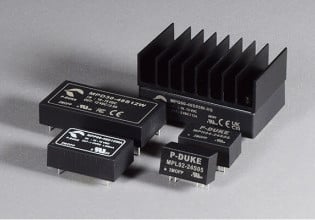60% More Capacity in 21700 Format 500Wh Li-ions for E-bikes
The technology used in bicycle batteries is changing. Smaller, lighter, more range, and longer service lives are just some features key to their success. The BMZ Group uses the new cell type 21700, which represents a new cell generation from the automotive industry.
The lithium-ion battery is the heart of any E-bike. Integrated battery solutions by BMZ are based on the newest, highest-quality cell technology. 3Tron cells are installed in BMZ Drive Systems - these are high-performing BMZ cells in new cell format 21700 with a total energy of 500Wh. High-end 3 Tron cells have over 60% more capacity.
With more active material and more powerful conductors, 3Tron cells in a 21700 format provide significantly more energy. The higher energy capacity means the cell is subject to fewer charge cycles, and also generates less heat. This means the 3Tron 21700 has a longer service life of up to twelve years.

Advantages of using new cell technology in BMZ Drive Systems include minimal charge durations and maximum ranges of up to 200km for E-bikes. Thanks to its unique cell characteristics, this battery system offers especially good durability, since it is subject to a larger number of charge cycles. The smart battery management systems guarantee up to 1,500 charge cycles and up to 750Wh and 17Ah.
BMZ battery systems provide energy to the motors and electrical attachments on an E-bike. The advantages of BMZ lithium-ion battery technology include its fast charging capabilities and long service life.
Bicycles and cycling have been undergoing a true boom in Germany for several years now. This trend continued over the last season. 605,000 E-bikes were sold in Germany in 2016. That represents a growth of 13%. This means the market share held E-bikes in the overall bicycle market grew to 15%, once again making the importance of the E-bike for individual mobility in recreational and everyday use clear.
With this growth, the number of E-bikes on German streets has increased to an estimated 3 million vehicles. According to estimates by the ZIV, the market for E-bikes in Germany can be expected to grow to an annual percentage of 18-20% of the total market in the medium term, and to a market share of up to 30% in the long term. E-bikes that are "made in Germany" remain highly popular in Europe as well. There was a 66% increase by quantity in exports, or 233,000 bikes.






